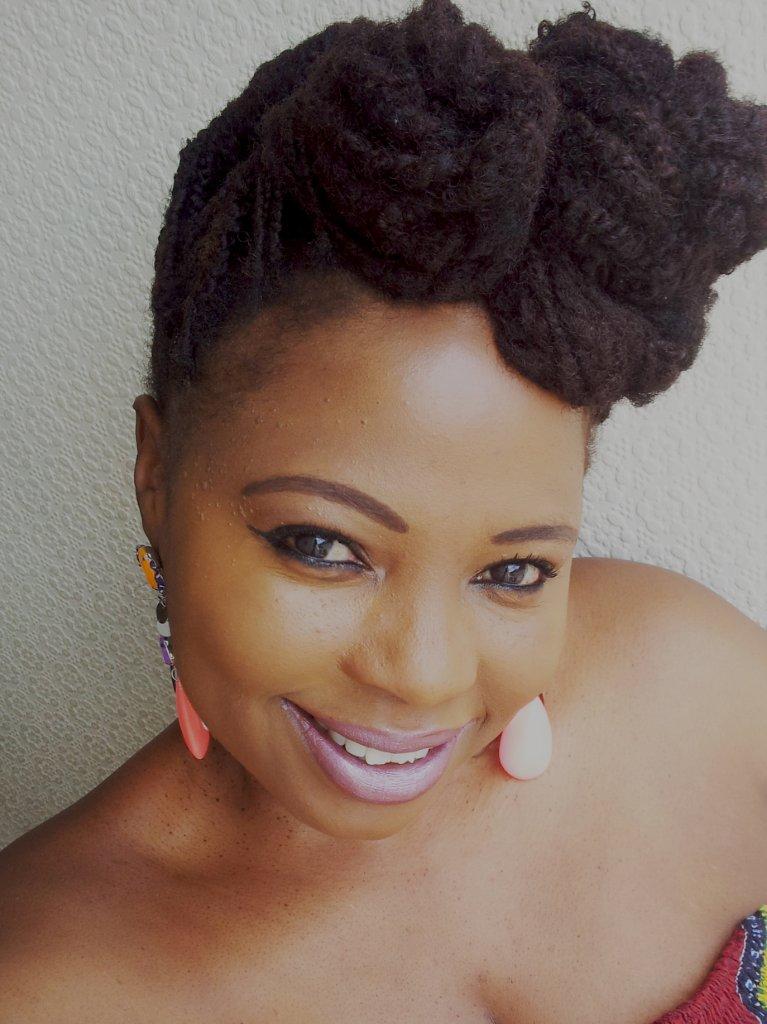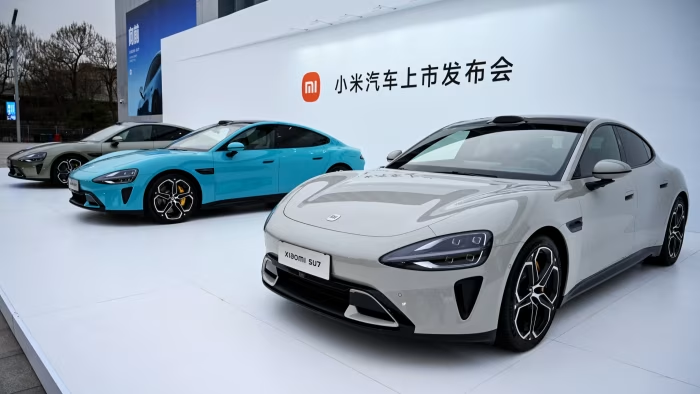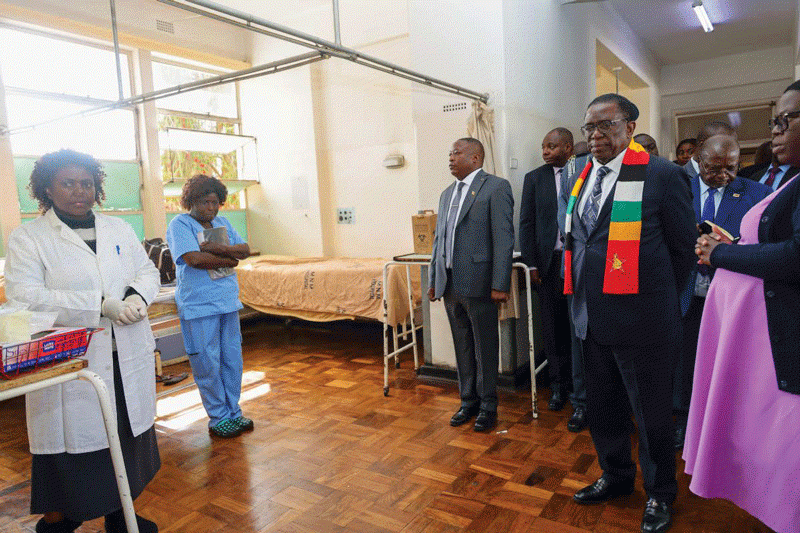
United Kingdom-based Zimbabwean fashion designer Pamela Samasuwo-Nyawiri has been nominated the first African for the Vogue and Muuse Talents Young Vision Accessories Award for “The Best Emerging International Fashion Accessories Designer”.
She has done concept research for brands like Paul Smith and designed a range of accessories for them, as well as a series of styling photo-shoots inspired by British Vogue. On the voting platform http://vogue.muuse.com/#!vote, Pamela was by end of last week leading with close to 1 000 votes while the average votes for the majority of contestants was well below 200. Pamela has also designed a limited edition collection for River Island in the United Kingdom. Below are excerpts of an interview that the Standardlife&style (SLS) did with Pamela (PS).
SLS: Who is Pamela Samasuwo-Nyawiri?
PS: I was born in Harare in 1975. I am the eldest of three girls. I am married to Simba Nyawiri. We have two daughters, Tasha Mudiwa (14) and Mandipa Ivy (11). I was always surrounded by creativity when growing up. My mother was so fashion forward that she was nicknamed “Princess Di’’ for her style. As a teenager I often experimented and got into trouble for cutting up my clothes to make them different. After high school I was desperate to take up art, however my family was very much against it. They said an art discipline was for people without a future. My second choice was journalism and my uncle, the late Shepherd Samasuwo who was a credible journalist was a big influence. Prior to leaving Zimbabwe for the UK, I worked for Community Newspaper Group (New Ziana) and The Musasa Project.
SLS: How long have you been in the fashion industry and how did it start?
PS: While making accessories in between my day job, I felt that to be a credible designer, I needed to go to university to learn the art of perfecting my work. While there are other people who have become big designers (and I have great respect for them) without university education, the world is becoming very competitive, and if you want to be different and set apart, you have to self-improve. I was accepted at Nottingham Trent University and studied Fashion Accessories Design.
‘Local designers lack international appeal’
SLS: What does it mean to be the first Zimbabwean and African nominated for the prestigious Vogue and Muuse Talents Young Vision Accessories Award for “The Best Emerging International Fashion Accessories Designer”?
- Chamisa under fire over US$120K donation
- Mavhunga puts DeMbare into Chibuku quarterfinals
- Pension funds bet on Cabora Bassa oilfields
- Councils defy govt fire tender directive
Keep Reading
PM: I am really overwhelmed, I have a testimony to tell from where I have been and how I have been elevated in all areas of my life (but that’s another story!). I am honoured to be flying the flag for Zimbabwe. I have expressed so many times my passion for the African fashion industry and how I wish to see Zimbabwe coming into the forefront of the international fashion scene. I am very aggressive in life and always willing to put up a fight for what I want. I was raised by my grandparents who often said I should have joined the army because of my fearless attitude. My favourite saying is “I am the head and never the tail,” and God has ensured that at all costs, that becomes reality for me. I had something to prove with this nomination to my fellow designers; that it was good to aim higher and that neither your nationality nor your experiences are a reflection of who you become. My past or my history is not a definition of who I am or will become. I am Zimbabwean, I am African and I can become whoever I want to be.
SLS: What is Zimbabwean fashion, arts’ place in the world from your vantage point?
PS: Zimbabwe has a lot of potential and over the last few years I have seen remarkable and promising talent. However, we still lack international appeal. There is a lot of copycating going on in the fashion industry; it is always the same prints that a million designers use. Designers have to ask themselves who they are designing for and understand their market level and consumers. Designing is not about just taking a piece of material (kamucheka) and coming up with something from thin air. You have to look at the trend markets, the colour trends for that season or year, and invest in research for the concept you are using for your inspiration. Our biggest problem is manufacture and quality control. Many designers lack the resources and finances to perfect their work, but as long as we treat our trade like child’s play (mahumbwe), we will never be respected as a country or continent.
SLS: Nomination and most likely an award, then what is next from Pam?
PS: I will be over the moon if I win. However, the opportunities that have come from my nomination are overwhelming, whatever the case. My first collection will be launched later this year, so I am going to be pretty busy with that. I also have a few collaborations lined up with Zimbabwean designer Trish Carmen and another one with British accessory designer Dorota Stumpf and South African fashion artist/designer Steve Mandy. I also have an academic book on fashion coming up and I intend to spend more time networking with my fellow Zimbabwean designers.











